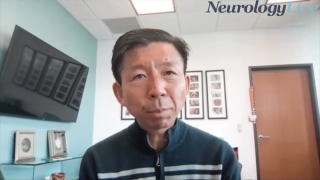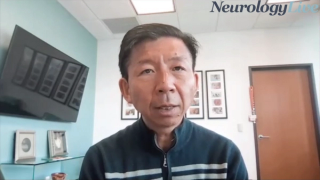
Dementia and Alzheimer Disease
Latest News
Latest Videos

CME Content
More News

Investigators included 1059 patients from a population-based multidisciplinary Greek study aimed as estimating dementia epidemiology in the aging population.

Jeffrey Cummings, MD, ScD, discussed how the successes of new biomarkers and composite instruments will be crucial to the development of disease-modifying agents for Alzheimer disease.

While typically thought of as a disease that affects younger populations, Rebecca O’Dwyer, MD, stressed the importance and nuances of caring for older adults with epilepsy.

Here's what is coming soon to NeurologyLive®.

Catch up on any of the neurology news headlines you may have missed over the course of the last month, compiled all into one place by the NeurologyLive® team.
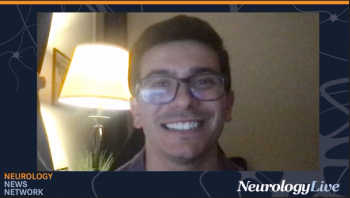
Neurology News Network for the week ending December 4, 2021. [WATCH TIME: 4 minutes]

Take 5 minutes to catch up on NeurologyLive®'s highlights from the week ending December 3, 2021.
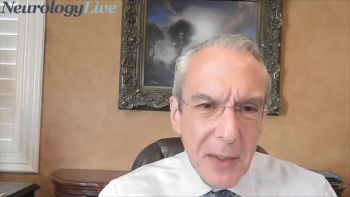
The director of the Chambers-Grundy Center for Transformative Neuroscience at the University of Nevada–Las Vegas discussed the positive trends within the Alzheimer drug development space. [WATCH TIME: 2 minutes]

The director of the Chambers-Grundy Center for Transformative Neuroscience at the University of Nevada–Las Vegas discussed new data that highlights wasted expenditures from Alzheimer trials and the importance of understanding their impacts. [WATCH TIME: 3 minutes]
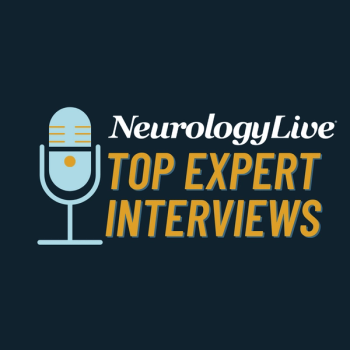
Expert clinicians offer their perspectives on transitional care in pediatric MS, a biomarker for SUDEP, and a novel approach to narcolepsy, among other topics.

A phase 3 trial has been initiated to further study masupirdine’s effect on agitation in patients with Alzheimer dementia.
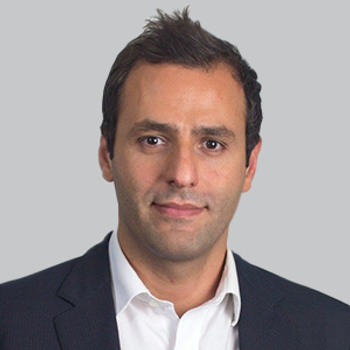
After being granted FDA clearance, the medical device is approved for commercial distribution in the US for cognitive assessments in dementia studies.

The director of the Chambers-Grundy Center for Transformative Neuroscience at the University of Nevada–Las Vegas discussed his recently published research on the costs of developing treatments for Alzheimer disease.

Data show a clinical benefit via a reduction in brain amyloid as early as 3 months in the open-label extension period.

Phase 3 study represented the highest research and development costs for Alzheimer disease treatments, with more than $24.1 billion incurred.

Here's what is coming soon to NeurologyLive®.

Positive phase 2 data resulted in a breakthrough therapy designation for donanemab, (Eli Lilly), prompting a biologics license application submission for the agent.

The executive chair at the Rockefeller Neuroscience Institute at West Virginia University shed light on early data from a small sample of patients with early Alzheimer disease who underwent focused ultrasound treatment. [WATCH TIME: 5 minutes]
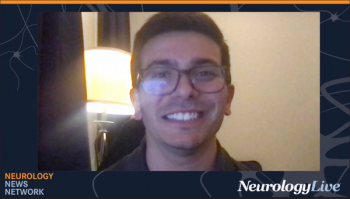
Neurology News Network for the week ending November 27, 2021.

Take 5 minutes to catch up on NeurologyLive®'s highlights from the week ending November 26, 2021.

Aducanumab’s (Aduhelm; Biogen) $56,000 price point reflects the larger challenges of the United States’ insurance system and incites a cyclical series of events that have repercussions on cost of future therapies, state budgets, and legislative decisions.

The American Academy of Neurology’s statement touched on the roles played by the principles of beneficence, nonmaleficence, justice, and patient autonomy as it relates to the clinical use of the therapy for this patient population.

A total of 77 patients randomized to either ATH-1017 or placebo will be evaluated for improvements in cognition, global, and functional assessments across a 26-week treatment period.

The risk of dementia was substantial and front-loaded following stroke, with the 1-year prevalence similar to the estimate for dementia at any time point. The findings indicate a need for greater engagement between stroke and dementia care.

The executive chair of the Rockefeller Neuroscience Institute at West Virginia University discussed the potential of focused ultrasound for patients with AD, as well as key takeaways for clinicians from a recent study. [WATCH TIME: 5 minutes]









